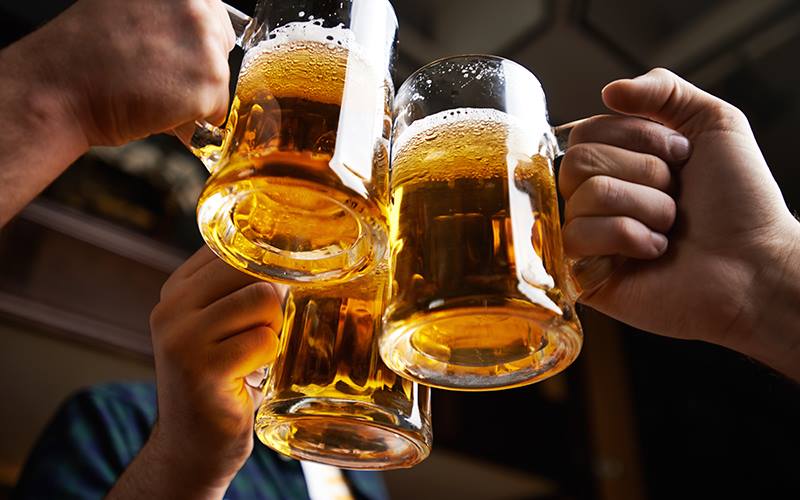The National Authority for the Campaign against Alcohol and Drug Abuse (NACADA) has announced a policy move to raise Kenya’s legal drinking age from 18 to 21.
This is part of the newly approved 2025 National Policy on Alcohol, Drugs and Substance Abuse, endorsed by the Cabinet on June 24, 2025.
The proposed changes are aimed at reducing alcohol consumption among youth and minimizing related social and health harms.
NACADA’s proposal also includes zoning restrictions that prohibit the establishment of alcohol selling outlets within 300 metres of schools, places of worship, or residential estates. If enforced, these regulations could lead to the closure of a significant number of bars operating near sensitive locations.
The new policy also bans the online sale and home delivery of alcohol. This includes mobile applications, websites and vending machines, all of which are seen as channels that have made alcohol more accessible to minors. NACADA has indicated that this move will help limit exposure and access by underage individuals.
ALSO READ:
Hidden wounds of Alliance Girls exposed predator in the pulpit
Additionally, the policy restricts advertising and marketing of alcohol. It prohibits outdoor advertising, celebrity endorsements and promotion of alcoholic beverages on social media platforms. Alcohol advertisements will not be allowed during children’s TV programming, school events or national holidays. Containers of alcoholic drinks will now be required to carry clear health warnings in both English and Kiswahili.
The government has also directed counties and relevant ministries to increase access to treatment and rehabilitation services. This will be supported by a newly introduced Solatium Compensation Fund, which will be financed by levies from alcohol and drug sellers.
NACADA has stated that the reforms respond to rising alcohol use among youth. Data shows that 13 percent of Kenyans aged 15 to 65 consume alcohol, with a notable concentration among those aged 18 to 24. Reports also indicate that some children aged six to nine have been exposed to alcohol, and one in ten high school students has already used alcohol.
ALSO READ:
The new policy aims to reduce early initiation into alcohol use, which has been linked to addiction, mental health issues, poor academic performance and gender based violence. Implementation will depend on enforcement by county governments and relevant state agencies.
By Benedict Aoya
You can also follow our social media pages on Twitter: Education News KE and Facebook: Education News Newspaper for timely updates.
>>> Click here to stay up-to-date with trending regional stories
>>> Click here to read more informed opinions on the country’s education landscape






